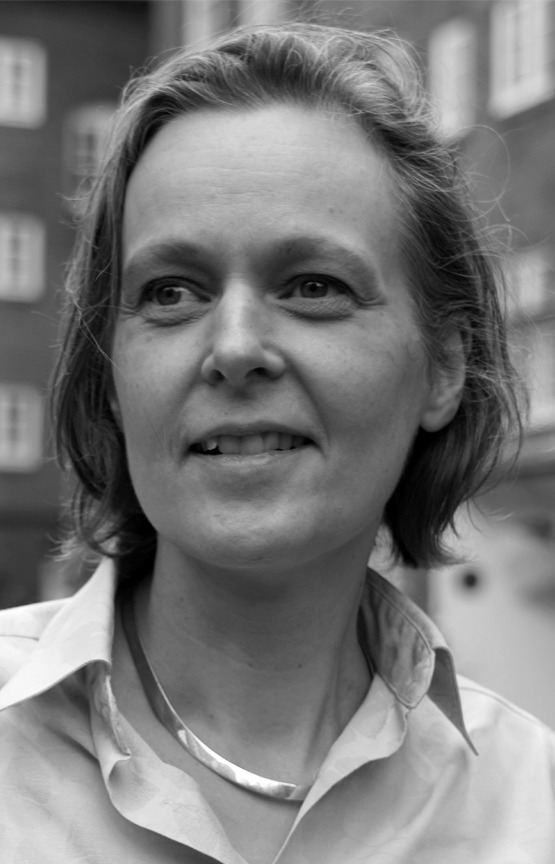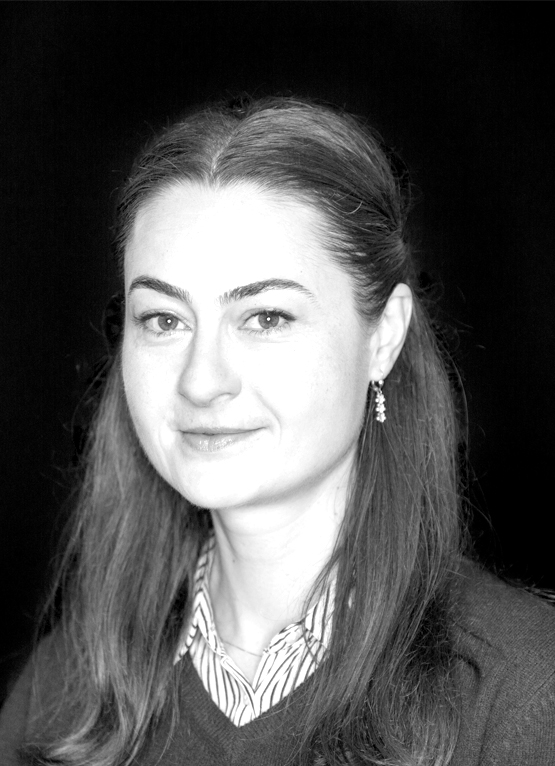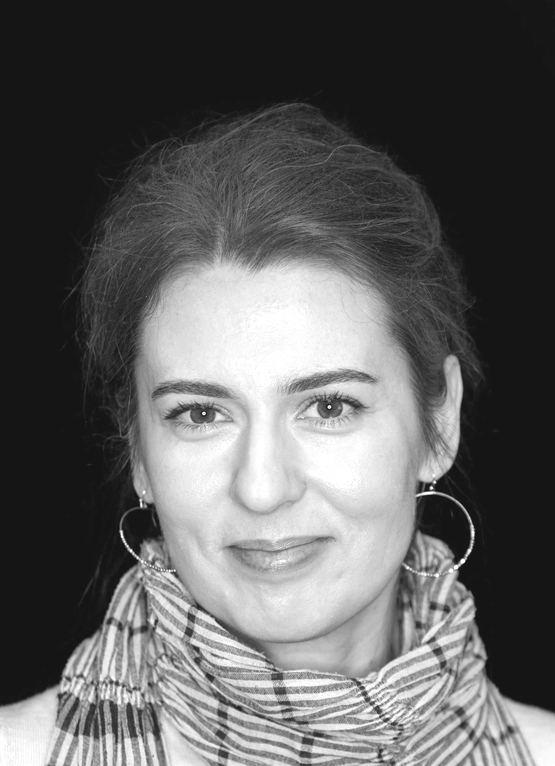Session 14 Visualizing Digital Information
Visualizing Digital Information session will be chaired by Dr. Jennifer Whyte

Jennifer Whyte is interested in how digital information transforms the design and delivery of buildings and infrastructure. Her work has a focus on how multi-disciplinary engineers can better work together to integrate systems, and how digital information is visualized to inform and make decisions. She is a Professor at Imperial College London and Co-Director of the Centre for Systems Engineering and Innovation (CSEI). She is leading Grand Challenge III “Data-driven Design under Uncertainty” in the £10m Data-Centric Engineering Programme at the Alan Turing Institute, the UK’s National Institute for Data Science and AI. At Imperial College London, she held a Royal Academy of Engineering and Laing O’Rourke chair in Systems Integration (2015-2021). She was a Shimizu Visiting Professor at Stanford University in 2015. She has an Honorary Professorship at the School of Project Management, University of Sydney. Her work informs industry practice and policy, for example, as a member of the UK Digital Framework Task Group she input to recent developments in use of the digital twin for infrastructure.

Yuqing Hu and Daniel Castro will give the talk titled:
The Integration of BIM and Graph Thinking: Design Coordination Improvement from a Holistic Perspective
Yuqing Hu is an assistant professor in the Architectural Engineering Department at Penn State University (PSU). Her research focuses on interdependent system coordination in the built environment based on Building Information Modeling, Artificial Intelligence, and graph theory, and urban-scale building energy modeling. Dr. Hu earned her Ph.D. degree in Building Construction and a master’s degree in Computational Science & Engineering at Georgia Institute of Technology in 2020. Before joining Georgia Tech, she received her master’s and bachelor’s degrees in Management Science & Engineering from Tongji University, Shanghai, China in 2016 and 2013.

Dr. Daniel Castro is Professor and Chair in the School of Building Construction, College of Design, at Georgia Institute of Technology. His current research centers on the feasibility of multi-scale applications of digital technologies for preconstruction and construction processes, and alternative sources of energy for buildings and communities. He received a BSc in Civil Engineering from Universidad de Los Andes, Colombia, an MSc in Construction Management from The University of Reading, UK, and a PhD from the School of Civil Engineering at Purdue University. Dr. Castro is the Associate Editor of Automation in Construction, serves in the Board of Directors of the International Association for Automation and Robotics in Construction, the International Green Builder Certification Board, the Governing Board of the Architecture/Construction/Engineering (ACE) Mentor Program of Atlanta, and was the Chair of the 2014 ASCE Construction Research Congress. He is the co-author of Sustainability in Engineering Design and Construction (2016, CRC Press).

Karim Farghaly will give the talk titled:
The AEC Production Control Room: From requirements identification to data integration and visualization.
Karim Farghaly is a research associate in the Centre for Systems Engineering and Innovation at Imperial College London. His research interests include digital transformation in AEC sector and construction project management. A key interest is achieving effective interoperability between Building Information Modelling (BIM) platforms and other technologies and techniques. Karim is currently responsible for the management and delivery of a research project with other partners including Mace, 3D Repo, University College London, eviFile, and Mission room. This project aims to provide a solution to help UK construction be more efficient and proactive rather than reactive, with a scalable and repeatable ‘plug-and-play’ construction management and reporting platform known as the AEC Production Control Room.

Juliana Parise Baldauf will give the talk titled:
Client requirements management in healthcare projects using building information modelling
Juliana Parise Baldauf has graduated in Architecture and Urbanism at the Federal University of Rio Grande do Sul - UFRGS, Brazil. She initially specialised in design management through a master's at the Postgraduate Programme in Civil Engineering - UFRGS. Juliana’s Ph.D. was awarded in 2020 by the Postgraduate Programme in Civil Engineering: Construction and Infrastructure at the same University and with a research period at the University of Huddersfield, and focused on requirements management in healthcare projects using Building Information Modelling. She is currently a postdoctoral researcher developing a study on requirements management of complex projects and her experience following the topics: Requirements management; Lean construction; BIM; Design management and evaluation of social housing and healthcare projects; and Value generation.

Dr Laura Maftei and Dragana Nikolić will give the talk titled:
Collaborative VR to engage project team members in reviewing large infrastructure project models.
Dr Laura Maftei is a Lecturer in Digital Technologies in the Built Environment at the University of Reading. Laura is an ARB registered architect and she has completed a PhD on the use of immersive virtual reality technology for design practice at the University of Reading. Laura’s research draws on a broader trajectory of interest around the use and implications of digital technology for design and construction. It focusses on understanding emerging construction design practices and ways of working shaped through engagement with digital technologies such as VR, AR and BIM.

Dr. Dragana Nikolić is a Lecturer in Digital Architecture in the School of the Built Environment at University of Reading and the Program Director for the MSc Digital Design and Construction. Her research interests center on digital technologies for design and construction in terms of how evolving digital practices transform the project delivery in the built environment from the technical, operational, and human perspectives. In educational context, this raises questions about the strategies for using (inter)active, simulation and problem-based learning to foster analytical and decision-making skills. She received a Ph.D. in Architectural Engineering from the Pennsylvania State University (PSU) and holds M.S. in Architecture (PSU) and Dipl.Eng. in Architecture from University of Belgrade. As the current member of the Human-Data Interaction (HDI) committee of the European Centre of Computing in Construction her work informs discussions on visualization in virtual reality for project collaboration, building information modeling, and digital fabrication.